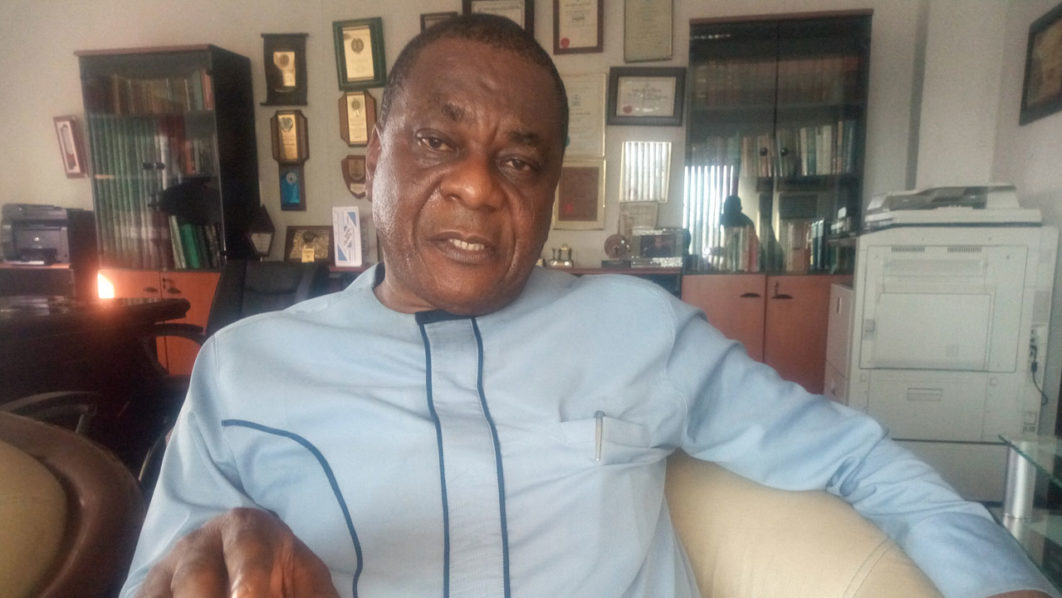
Stakeholders have called on President Bola Tinubu to urgently implement the shipping and maritime infrastructure development initiative for indigenous operators using the Maritime Fund as provided in the Nigerian Maritime Administration and Safety Agency (NIMASA) Act of 2007.
[
In a letter to Tinubu by the National Council of Managing Directors of Licensed Customs Agents (NCMDLCA), they underscored the importance of economic reform and infrastructure development as key drivers to unlocking the potential of the sector and supporting the nation’s broader economic growth.
They kicked against the lack of implementation of key provisions of the NIMASA Act, including Section 22-(k), which requires the government to develop and implement policies that promote local capacity in the ownership, manning and construction of ships, as well as other maritime infrastructure through the Maritime Fund.
Similarly, Section 39-(2) of the act mandated policies that promote indigenous ownership of shipping infrastructure, including transportation network, bonded warehouses and other facilities crucial for effective and efficient cargo delivery.
The President of NCMDLCA, Lucky Amiwero, lamented the non-utilisation of the Maritime Fund as outlined in the Act to foster the growth and capacity of Nigeria’s local maritime industry.
He said despite these provisions, the indigenous maritime operators have been sidelined since the inception of NIMASA, with no significant investment in shipping and maritime infrastructure.
Amiwero pointed out that the 25 per cent of NIMASA’s revenue allocated to the Maritime Fund under Section 16-(2)-(a) and Section 17-(1) of the Act to enhance indigenous shipping infrastructure, has not been utilised to support indigenous operators 17 years since the Act was established.
Amiwero, a former member of several presidential committees on customs reform and port challenges, emphasised that indigenous operators remain incapacitated and unable to compete globally due to the lack of support and investment in the sector
“The Maritime Fund was specifically created to develop indigenous shipping and maritime infrastructure, yet these critical funds have remained untapped, leaving local operators incapacitated without the capacity to effectively contribute to the sector,” the letter stated.
Amiwero stressed that importers, exporters and Licensed Customs Agents (LCAs), who contribute three per cent of gross freight earnings from international inbound and outbound cargo, have not seen the benefits of these funds being reinvested in the shipping and maritime industry.
He said these indigenous operators have also been left without adequate support despite their contributions. Amiwero said the failure to develop this infrastructure has led to inefficiencies at Nigerian ports, affecting cargo turnaround time and the overall competitiveness of the sector.
He argued that proper use of the Maritime Fund could lead to job creation, enhancement of the cargo delivery system, capacity building, significant improvements and efficiency in port operations and overall economic growth.
Stakeholders urge Tinubu to expedite maritime fund utilisation for devt

Lucky Amiwero
Lucky Amiwero





